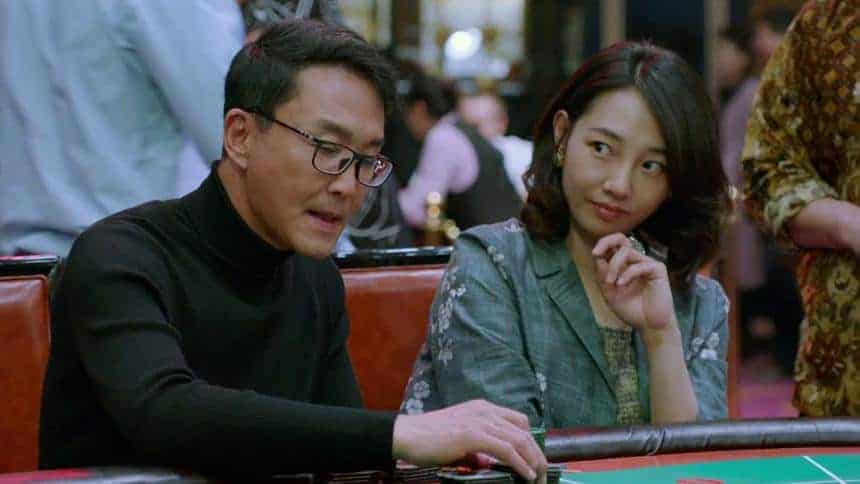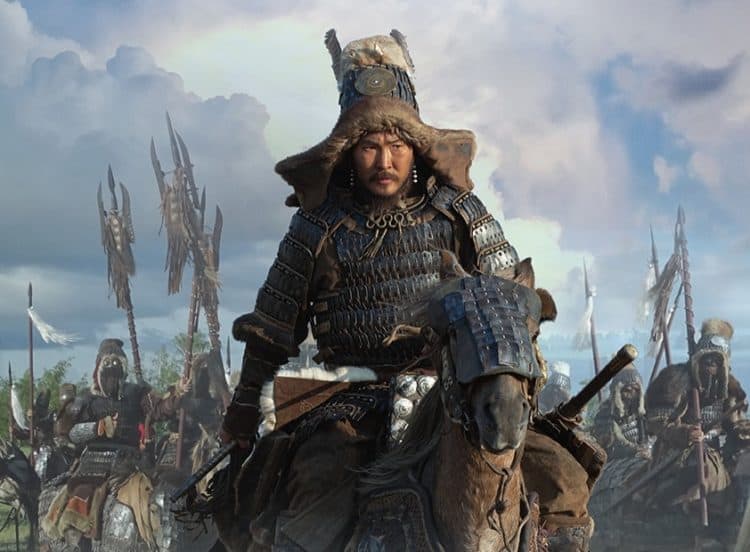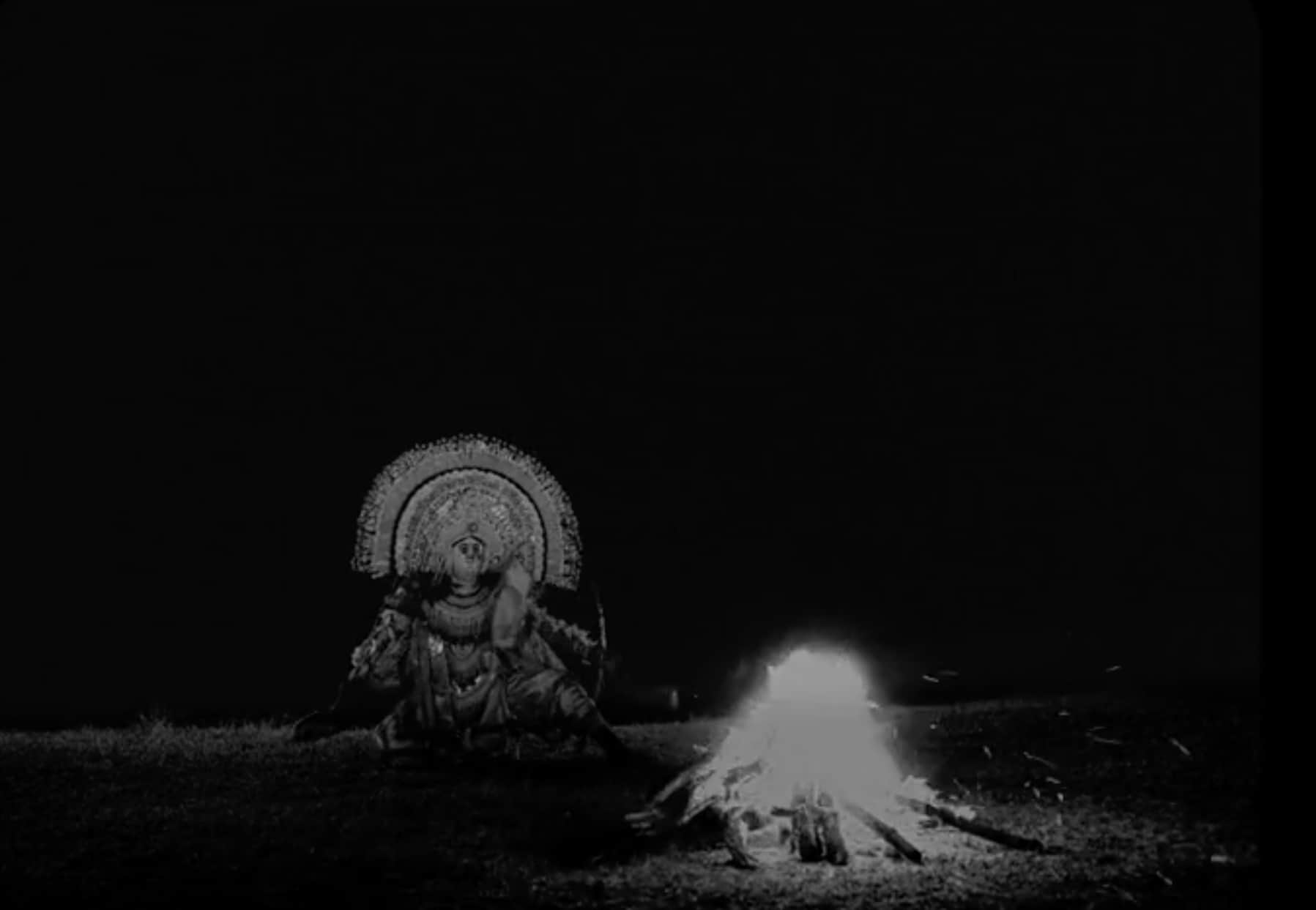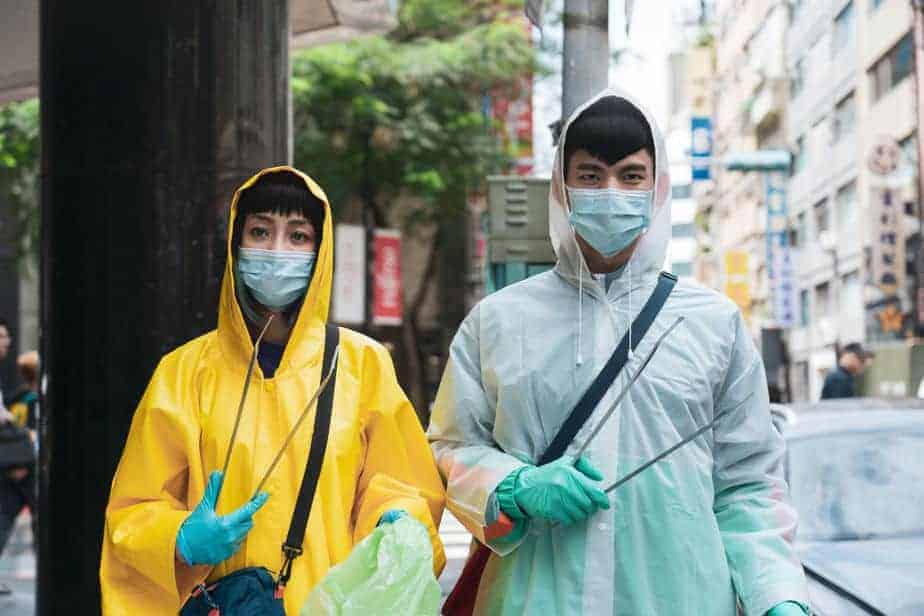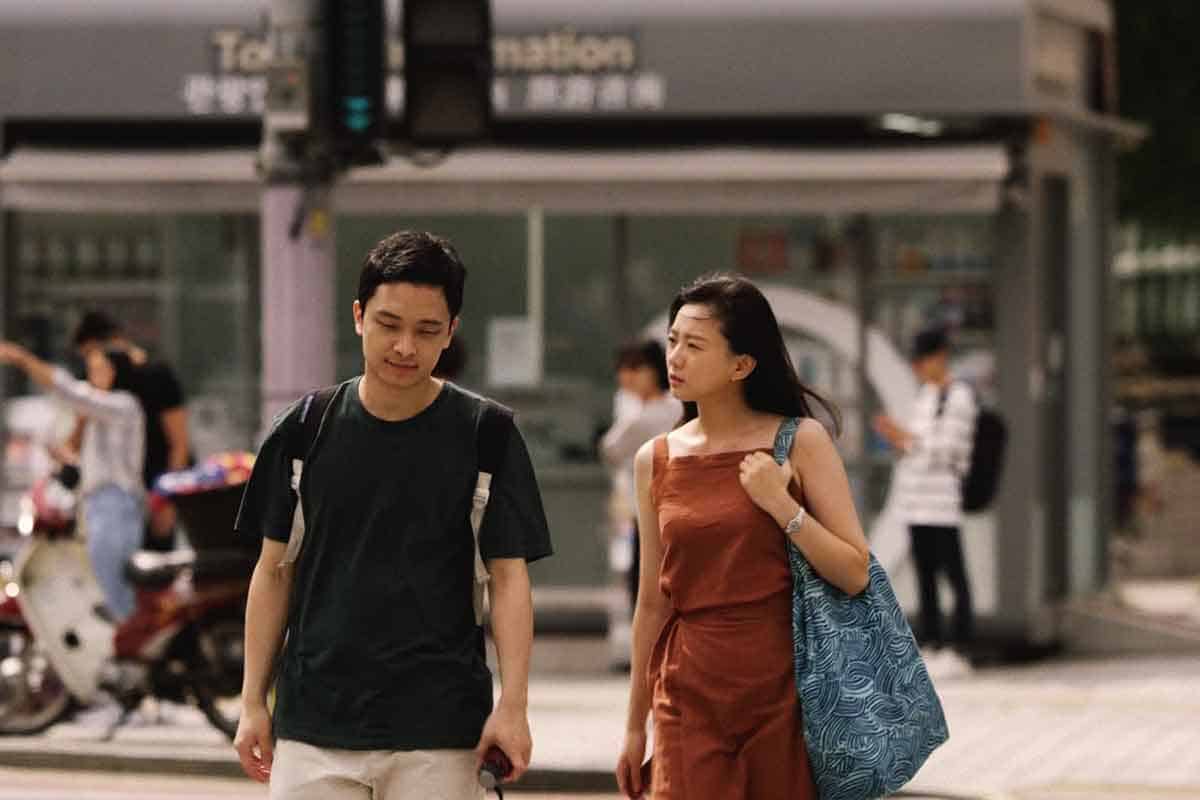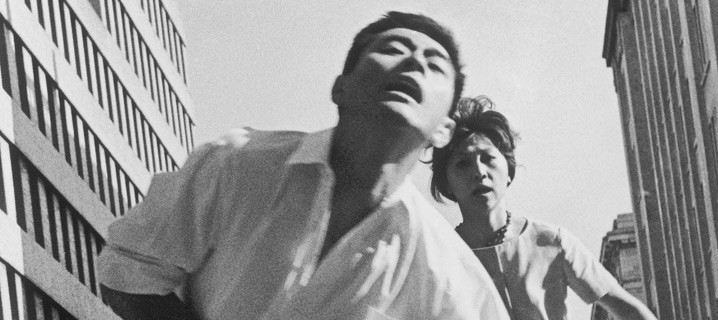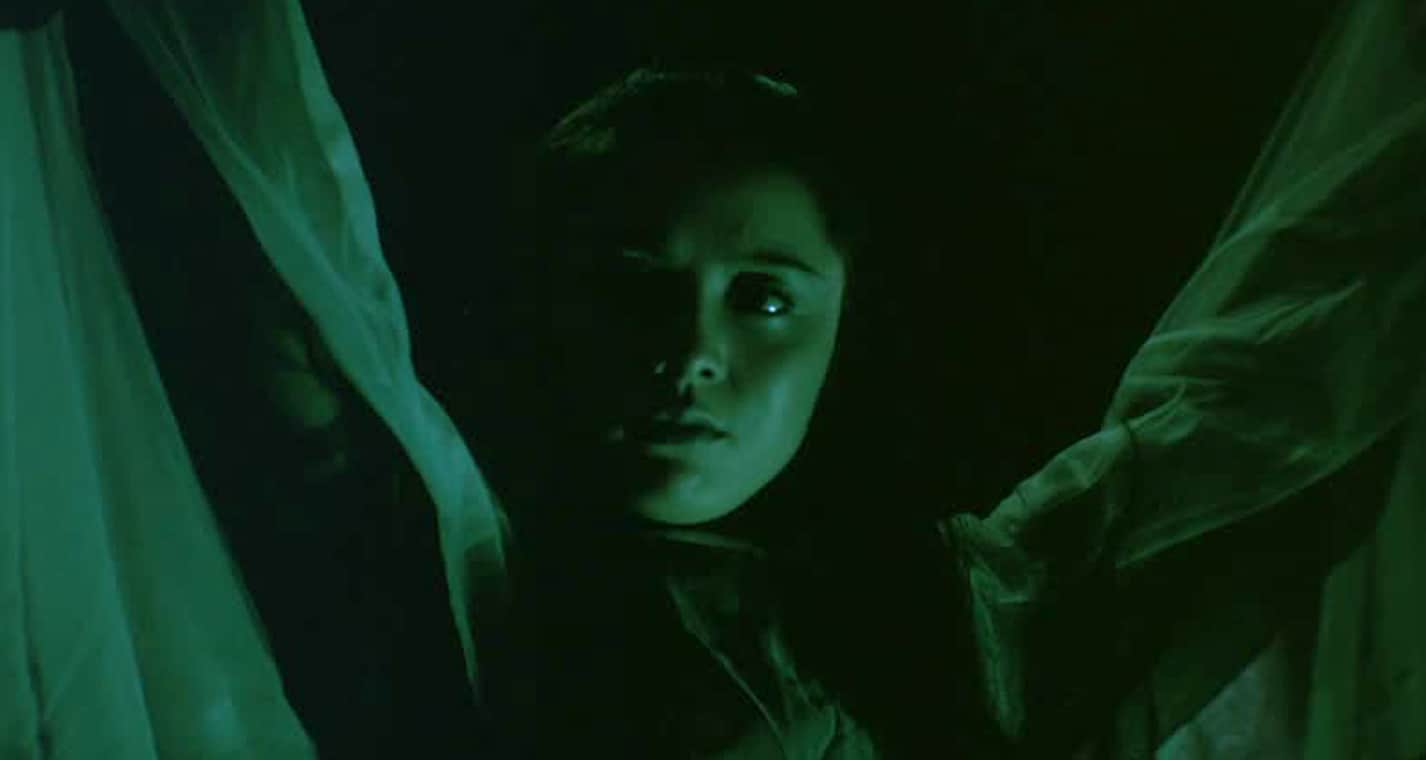A story of love, gambling, broken heart, and broken dreams. “A City Called Macau” is shiny, lavish. It lures, hoping you would dive into its spaces and sounds. It promises a roller-coaster ride of fate with a young casino broker and single mother Xiao-ou (Bai Baihe). Your breath should depend on her as you watch her rise and fall. Your heart should be skipping a beat with the mistakes of the high roller property developer Kevin Duan (Wu Gang) and the sculptor Shi Qilan (Huang Jue) who render her less cautious. Who allow her to think she can trust them as friends. Yet, the city that in 2012 outdid Las Vegas doesn't let the professional trespasses unpunished.
“A City Called Macau” screens at We Are One: A Global Film Festival. It was curated by International Film Festival and Award Macau (IFFAM).
In December 1999, Macau passed under the administration of China, and its rebuilding into the world high-class gambling paradise began. Back then, leaving gambler-of-a-husband behind, Xiao-ou came to Macau to start anew. Let her be your guide in the story of the glory days of Macau the same way she guides her players among the tables. And follow her own turmoil as she gambles her own life betting on the wrong men. The private stories and history intertwine. It could have been a thrilling ride. But isn't.
Frankly, at what feels roughly half the subjective length of Hong Sang-soo's “Grass” (i.e. 3hrs), “A City Called Macau” is heavy-handed, lengthy, unoriginal, inapt. Instead of making its clichées fork for the good of the story, it just layers them. We have the riches of China, honorable businessmen, the corrupting effect of the easy money gained by gambling, former Hong Kong bookies, families broken for a game of baccarat, single mother, mother left behind, and I am sure there was some cancer. And of course, the film articulates all the troubling elements slowly and intensively. Because one must be sure everyone gets it.
Another hit comes from the idea that anchoring the story against the historical events might make it more approachable. So it is the 1999 handover of Macau, the 2003 SARS, the 2008 financial crisis, and such that mark the temporal progression of the narrative. Problem is, all these major events seem to pass by the characters. None has time enough to make its impact discernible, to really interconnect and be meaningful. More than of anything, “A City Called Macau” reminds of not-of-the-top soap operas. It presents us with a world that feels distant, replaceable characters, intriguing supporting actors in intriguing roles, and looped narration.
Adding offense to the injury, “A City Called Macau” totally neglects the main characters. Instead, we watch a strange sort of changelings with zero ability to establish a bond. Despite the charms-on-screen-potential set to maximum, none of the cast manages to breathe life into them. Not even the always lovable Bai Baihe, nor father-y Wu Gang, nor red-flags-galore lovable scamp Huang Jue.
“A City Called Macau” is not good. Quite probably it is burdened with expectations of earning money. Yet, the star power of Bai Baihe, nor the “exotic” setting of Macau casinos in their heydays, now so distant in time and social stratification seem to do the job. The result feels tired and overdone. Just like a film made by professionals on the verge of burnout. They did their job as told and went home.


